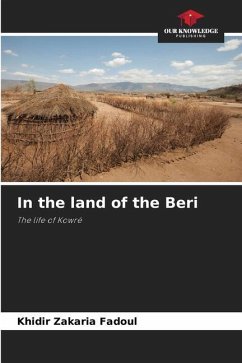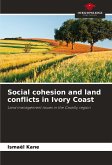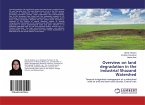Kowré, derived from kow, which means song in the Beri language, refers to the main character of the novel, which the author considers a narrative anthropology. The story is set in Beri country, at a time when Islam was not yet well established in this region. Kowré lives in his parents' village. He is strongly imbued with the tradition of his environment and does not hesitate to face obstacles to save his honor and that of his family. He marries Saada, a wise and respectful woman who gives him several children. He lives in marital harmony until the death of his father Horout who dies at ninety years old. Kowré then falls in love with a young girl, beautiful and charming but of diabolical envy. This one reveals her intentions following a stratagem set up by her husband. Kowré allows himself to be taken in by feigning blindness in order to see how far he can go with a woman with whom he thought he had discovered the happiness of life. The story ends with a triple murder that Kowré commits to get revenge. He then returns to his village, singing a long song that the people end up calling "The Lament of Love and Unhappiness".
Bitte wählen Sie Ihr Anliegen aus.
Rechnungen
Retourenschein anfordern
Bestellstatus
Storno








